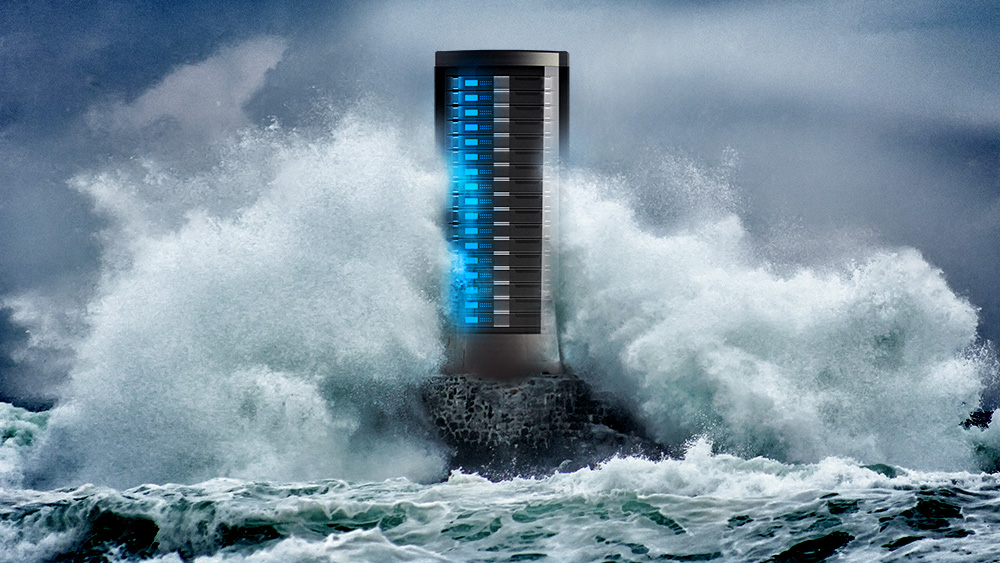Cynicism is bad.
If I could offer you a single piece of career advice, it’s this: avoid negativity echo chambers.
Every organization and industry has watering holes where the whiners hang out. The cynical. The jaded. These spots feel attractive. Everybody has something they can complain about, and complaining is fun. These places are inviting and inclusive: as long as you’re whining, or complaining, or cynical, you’re in. If you’re positive, optimistic, or ambitious, you’re out.
Avoid these places.
That doesn’t mean you need to be 100% up-beat all the time, or be a pushover, or never complain. Those things are normal human behavior. But strongly avoid communities that make complaining the core of their identity. My personal limit is about 20%. I’ll stop engaging with communities when 20% of the content is negative.
Nobody but you can decide how much you care about your career. Or how much you like your employer, colleagues, or industry. Not everything is in your control, even in a field like software engineering where autonomy and flexibility are widely available. I recommend you choose one of two paths. If you want to move your career or industry forward, focus on the positive parts of your role, and spend energy making things better. Alternatively, if you don’t want to advance your career, spend the right amount of energy to stay where you are. Then, instead of joining that whiny waterhole, go home and mow the lawn, play with your dog, take a walk in the woods with your kids, or whatever you enjoy.
These complaining places aren’t just bad for your career, they’re bad for your mental and physical health too. Avoid them even if the content resonates with you. Especially if the content resonates with you.
Positive echo chambers can be bad too, but I’ve run into very few of those during my career. What I can say with certainty, though, is that none of the people I look up to in this industry are spending their time in #everything-sucks on Slack. They recognize when stuff sucks, and either fix it or accept it.
My advice: find the yes, and communities, and spend time there. Find the people doing cool stuff you admire, and spend time with them. Find the people doing the work you want to do, or living the life you want to live, and find ways to learn from them.
You’re not going to find them in #things-used-to-be-better.
Spend your energy at work doing great work. Spend your energy outside of work taking time with the people you love, doing things you enjoy, and showing up for your community.
This doesn’t imply you shouldn’t work with others to push for change. Just be clear that’s what you’re doing. DMing away about how much things suck doesn’t make change. It just makes you sad and angry. Sadness and anger are seldom the emotions that drive real change.
The corollary to the above point is that you should protect your communities. There are communities you care about and love. If those communities become negativity echo chambers, a lot of good folks will disengage. They’ll look more busy, more active, but the conversation will all be one-note. Then, slowly, your community will lose what made it good. The folks who made your community interesting will find other places to be, and other things to do with their time.
Doing this is socially hard. It, at least, requires directly modelling what good looks like. Sharing the perspectives you want to see. Doing the work that needs to be done. It also requires some level of moderation, which is tough. It’s especially tough to turn the trend around once the echo starts.
.png)




